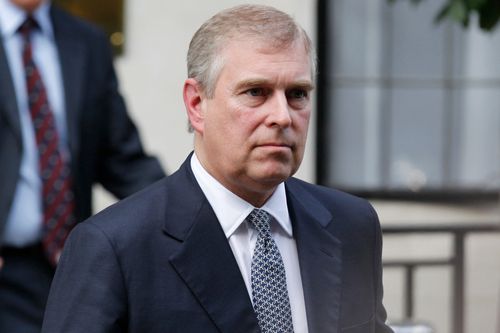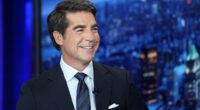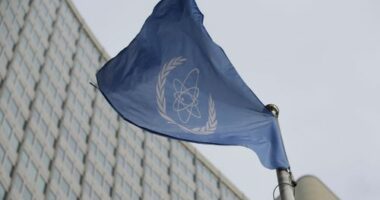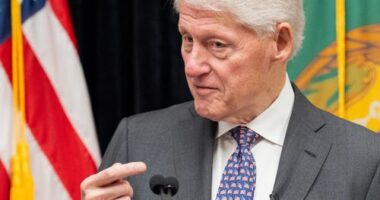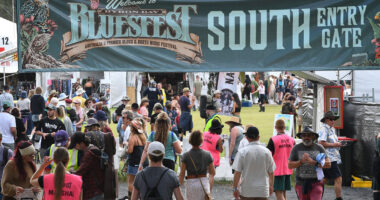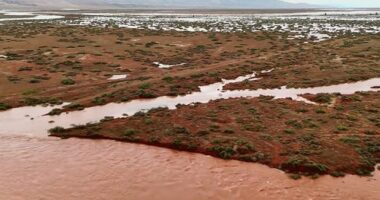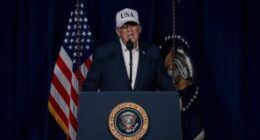Share this @internewscast.com
It was the final straw in a series of controversies.
Recent revelations revealed Prince Andrew’s ongoing communication with Jeffrey Epstein, the convicted sex offender, far beyond what he had previously claimed. This prompted the royal family to take decisive action to shield the monarchy from the relentless wave of scandalous stories about Andrew’s questionable acquaintances and dubious business dealings.

Front-page fodder for wrong reasons
Prince Andrew has been a fixture in tabloid headlines since at least 2007. That year, he sold his property near Windsor Castle for 20% more than the £15 million ($31.1 million) asking price.
The purchaser was identified as Timur Kulibayev, related by marriage to Nursultan Nazarbayev, the then-president of Kazakhstan. This transaction raised suspicions of possible attempts to wield influence within Britain.
Further adding to his troubles, court proceedings last year shed light on Andrew’s ties with a businessman suspected of being a Chinese spy. This individual had been banned from the UK as a national security threat, and court documents suggested concerns over potential misuse of influence over Andrew.
Although the palace announced that Andrew would relinquish his royal titles, royal historian Sally Bedell Smith noted that significant pressure was applied by the king, Prince William, and the entire royal family.
“I think he was absolutely forced into this,″ said Smith, author of Prince Charles: The Passions and Paradoxes of an Improbable Life.
“He’s had many opportunities to fall on his sword, and he hasn’t. So I think he was given a pretty stark choice: Either do this voluntarily or we’re going to have to do this the hard way.″
